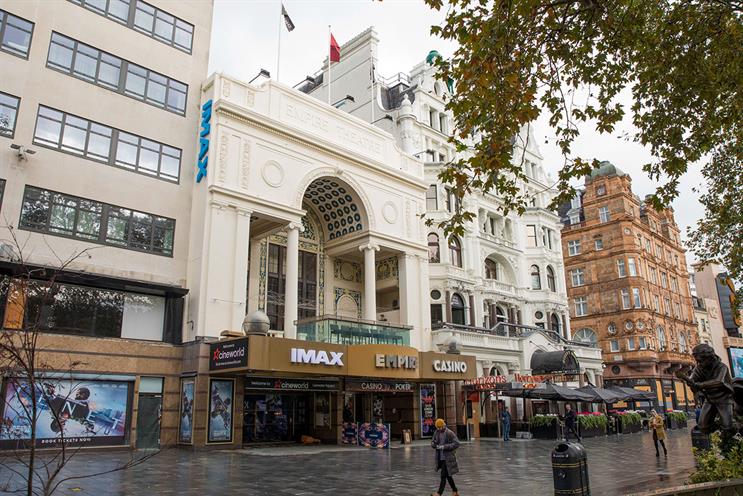As we enter the final three months of 2020, with so much more uncertainty still to navigate because of Covid-19, like all business leaders we have never had to be more thoughtful.Ěý
We have faced and continue to face a lot of challenges this year, but one of the major, more positive themes from our joint experience operating within both the advertising and film industries, has been around diversity and inclusion.
The wider diversity and inclusion agenda within the film and cinema industry has already made important progress this year, with both the Oscars and the Baftas announcing much-needed changes.Ěý
However, many are frustrated with the slow pace of change: one of the first portrayals of a mixed-race couple was in 1967’s Guess Who’s Coming To Dinner, with Sidney Poitier’s successful physician character marking a change from often stereotypical black roles.Ěý
The film’s release coincided with a highly charged political backdrop of the civil rights movement, marked by Martin Luther King and the Black Panther Party.Ěý
This year the Academy has announced that any films vying for the Best Picture Oscar from 2024 onwards, will have to meet certain diversity standards, including on-screen representation and storyline, creative leadership and crew, apprenticeships and training and audience development.Ěý
The ultimate goals are: an improvement in terms of representation both on- and off-screen and a more accurate reflection of the cinemagoing audience.Ěý
The Baftas, meanwhile, are introducing similar diversity standards for films to be eligible for the outstanding British Film award, as well as adding at least 1,000 members from underrepresented groups.Ěý
These are just some of the changes happening to ensure that film and cinema play a vital role in creating moments that allow everyone to come together in a positive, shared way.Ěý
This is important, because we know that films allow audiences to experience new and provocative ideas, share and reveal cultures and expose and bring the past to life. These stories can often be a tough watch, but they are important and educational.
This year’s Black History Month occurs in one of the most poignant years of its existence, because of Black Lives Matter and Covid-19, and a host of our cinema partners are running strands to allow audiences to rediscover films that have made a significant impact – whether the historical drama of 12 Years a Slave, incisive satire of Get Out or record-breaking triumph of mainstream representation Black Panther.
While these stories should be celebrated all year round, Black History Month is a vehicle to spark these important conversations to continue creating change – in society and in on-screen representation, as we all strive for a more inclusive future.Ěý
The same goes for Pride, when stories from the LGBTQIA+ community can shine, through films like Love, Simon, MoonlightĚý˛ą˛Ô»ĺĚýCall Me by Your Name.Ěý
As we continue to look for new ways to educate ourselves, here are just some of the Black History Month cinema programmes that we will be checking out.
Vue is showing a set of weekly screenings on Sunday afternoons, with films including 12 Years a Slave,ĚýIf Beale Street Could TalkĚý˛ą˛Ô»ĺĚýQueen & Slim.
Genesis in Mile End will be showing Through Her Eyes – four films that explore different aspects of the black female existence on screen – with introductions, Q&A sessions, discussions, poetry and workshops.
Everyman cinemas will also be putting on events for Black History Month, including screenings of Blue Story, One Man and His Shoes and White Riot with live Q&As, while multi-award-winning visual artist and filmmaker Steve McQueen’s Mangrove was shown at the Opening Gala of the BFI’s London Film Festival last week.Ěý
Film is a hugely powerful medium to commemorate people and elicit empathy and understanding, but also to provoke debate.
We hope you’ll join us in further educating yourself this month through our incredible medium.
Karen Stacey is chief executive of Digital Cinema Media and Kathryn Jacob is chief executive of Pearl & Dean and chair of the Advertising Association’s Diversity and Inclusion group
Image: GettyImages


